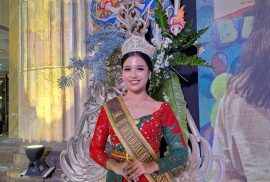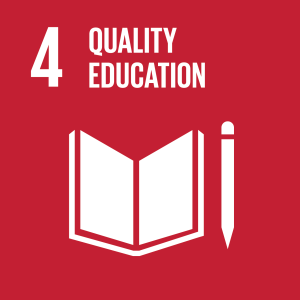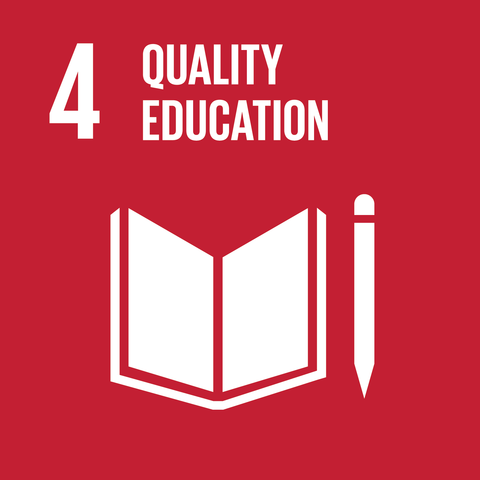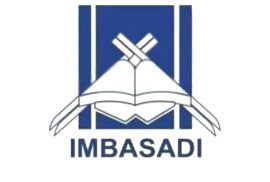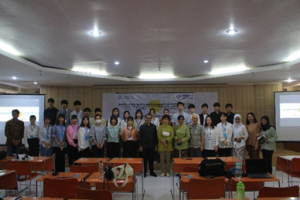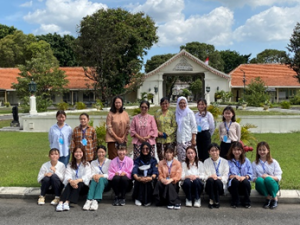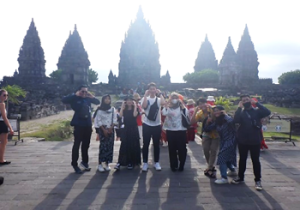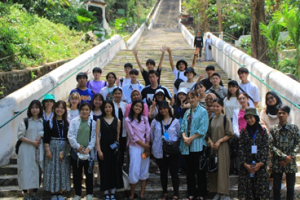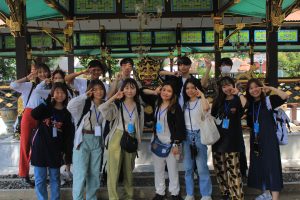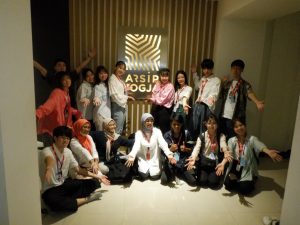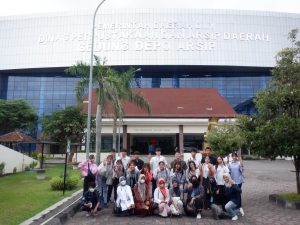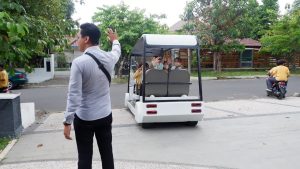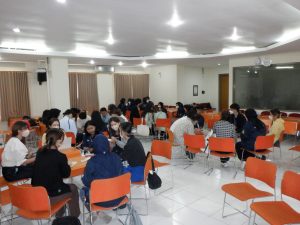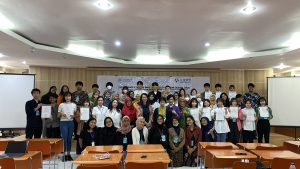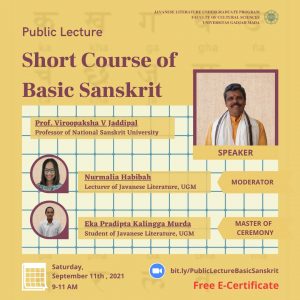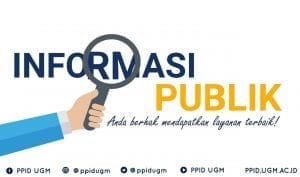Kintan Dewinta Putri, a student of the UGM Javanese Language, Literature, and Culture Study Program, Becomes Yogyakarta Cultural Ambassador 2024
College StudentNewsOtherSDGSStudentStudent's Activity Monday, 9 September 2024
Good news came from the Javanese Language, Literature, and Culture Study Program, Faculty of Cultural Sciences, Universitas Gadjah Mada (FIB UGM). Kintan Dewinta Putri, a student of the program, has been selected as the Princess Cultural Ambassador of Yogyakarta 2024. She was selected along with Duta Andhika, the Son of Yogyakarta Cultural Ambassador 2024, on May 4, 2024, at Sleman City Hall, Yogyakarta.
Based on an interview with Kintan (09/06/2024), being a Yogyakarta Cultural Ambassador is not just a competition, but also must understand and participate in the preservation of Javanese culture, especially the cultural identity of Yogyakarta. “As Yogyakarta Cultural Ambassadors, it is our duty to contribute to the mission of recognizing and preserving arts and culture in Yogyakarta. Examples of activities include being a judge for the Krincing Manis dance studio's class promotion and participating in the Jamasan Pusaka 1 Suro ceremony at the top of Suroloyo, Kulonprogo. In the future, we plan to do community service in Gunung Kidul and other places by teaching about Yogyakarta's culture and arts,” she explained.
Kintan is grateful to have won the title of Yogyakarta Cultural Ambassador 2024 and is proud to be part of the agent of change in the effort to preserve Yogyakarta's culture. She explained that she is currently preparing to participate in the Indonesian Cultural Ambassador event. “Currently, I am preparing myself for the Indonesian Cultural Ambassador event to be held on September 19-21, 2024, in Surabaya. Please pray and support!”
Culture is the result of copyright, taste, and karsa and is an identity for its people. The existence of these various identities is an identity of the Indonesian nation, which is diverse and lives together in harmony. Kintan's achievements are an inspiration for Mahadaya to continue to explore, preserve, and explore the potential of Indonesian culture, and provide benefits to the community.

